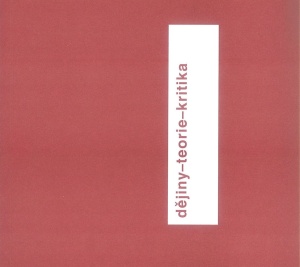„Z našich neúplných těl vytryskovala chuť k práci“
“Willingness to Work Emanated From Our Incomplete Bodies”
Author(s): Lucie StorchováSubject(s): History
Published by: Univerzita Karlova v Praze - Fakulta humanitních studií
Keywords: armless wonders; Czechoslovakia; František Filip; heteronormativity; masculinity
Summary/Abstract: The study analyses the ways in which an autobiographical ‘self ’ was produced in ‘super-crip’ narratives of the so-called ‘armless wonders’ in Czechoslovakia in the 1920s and 1930s. In particular, the text focuses on the autobiographical narratives and other texts by František Filip (1904–1957), an ‘exemplary entrepreneur and self-made-man’. ‘Armless Frankie’, as he was known, became famous for his school performances, during which – with reference to his own ‘life’s struggles’, and ‘exemplary’ activities of his ‘defective body’ – he communicated to his young audience the notions of republican civic fitness and capitalist work ethic. Leaning against the recent intersectional work in disability history, this study emphasises the constructed nature of disability. The article raises and explores the following questions: What discourses of difference were most prominent in articulating the ‘self ’ in autobiographies? Did they de/activate each other in the process of meaning-making, and (if so) how? How did they produce the author’s self and the bodily difference itself? What kind of rhetoric strategies were used to visualise the extraordinary body in the accompanying photographs? How were these discursive intersections projected onto concepts of body of the nation and state’s social policy? Is it possible to interpret these strategies as forms of “neutralization” of the bodily difference?
Journal: Dějiny - Teorie - Kritika
- Issue Year: 2011
- Issue No: 02
- Page Range: 238-260
- Page Count: 23
- Language: Czech

